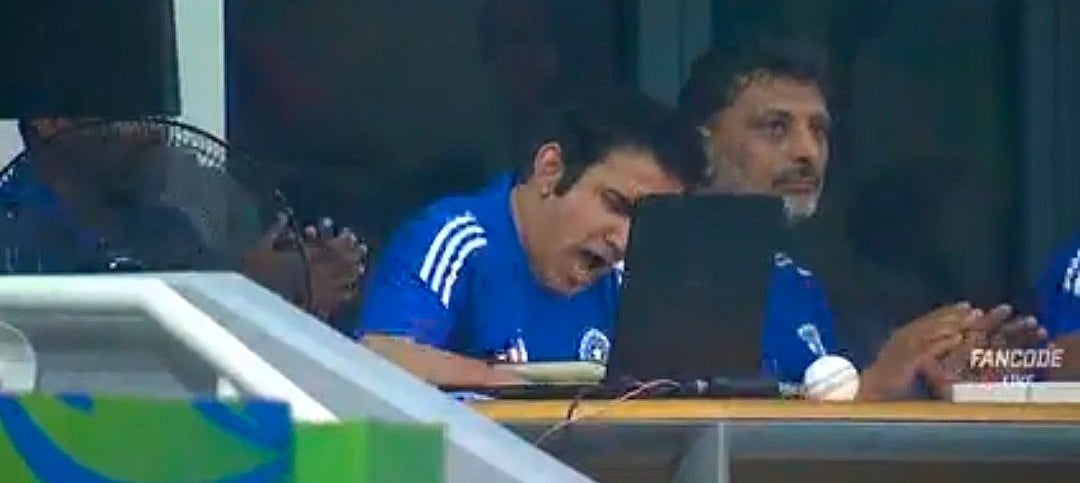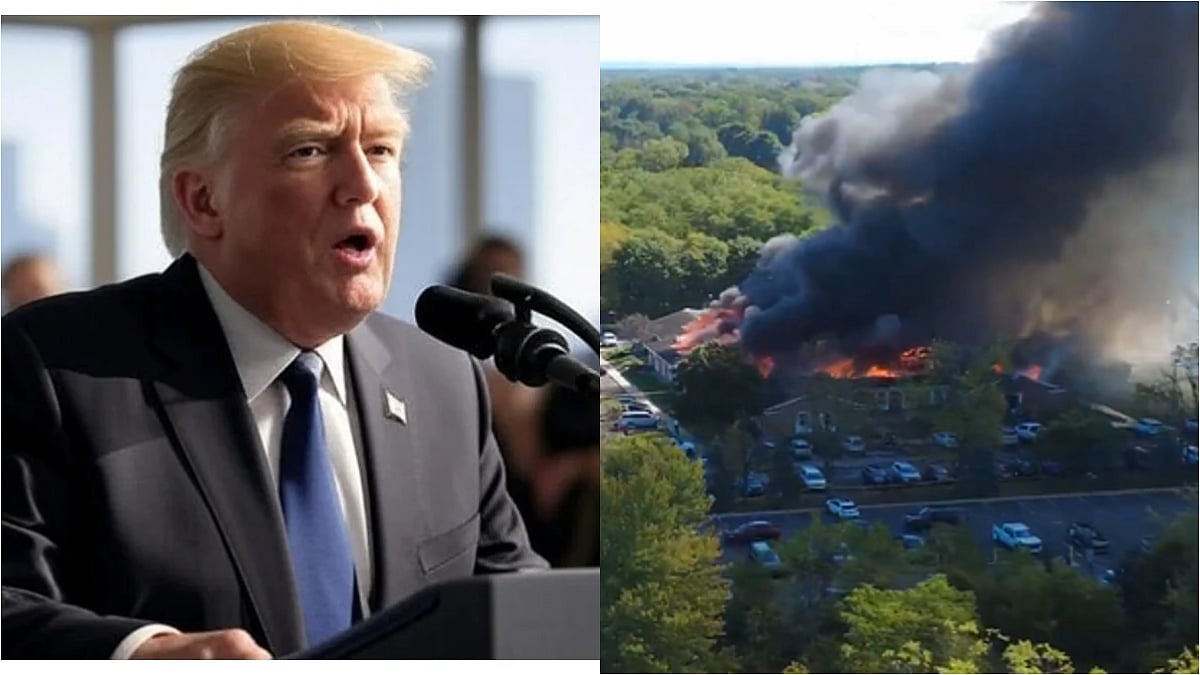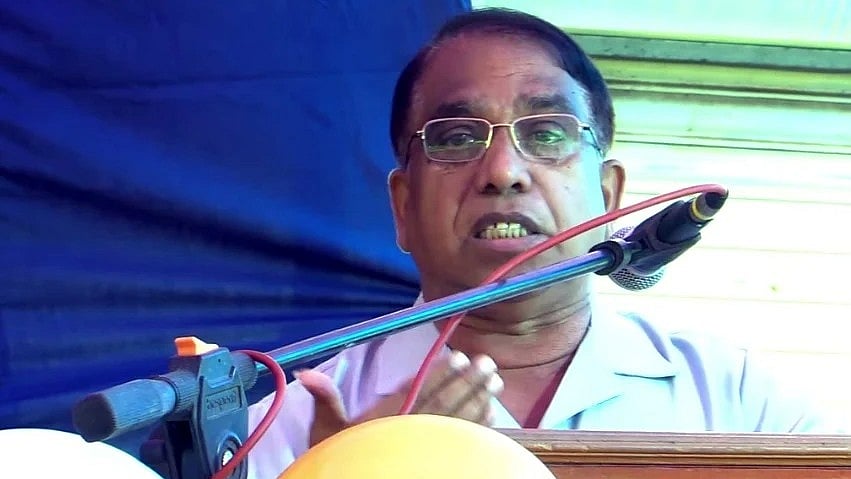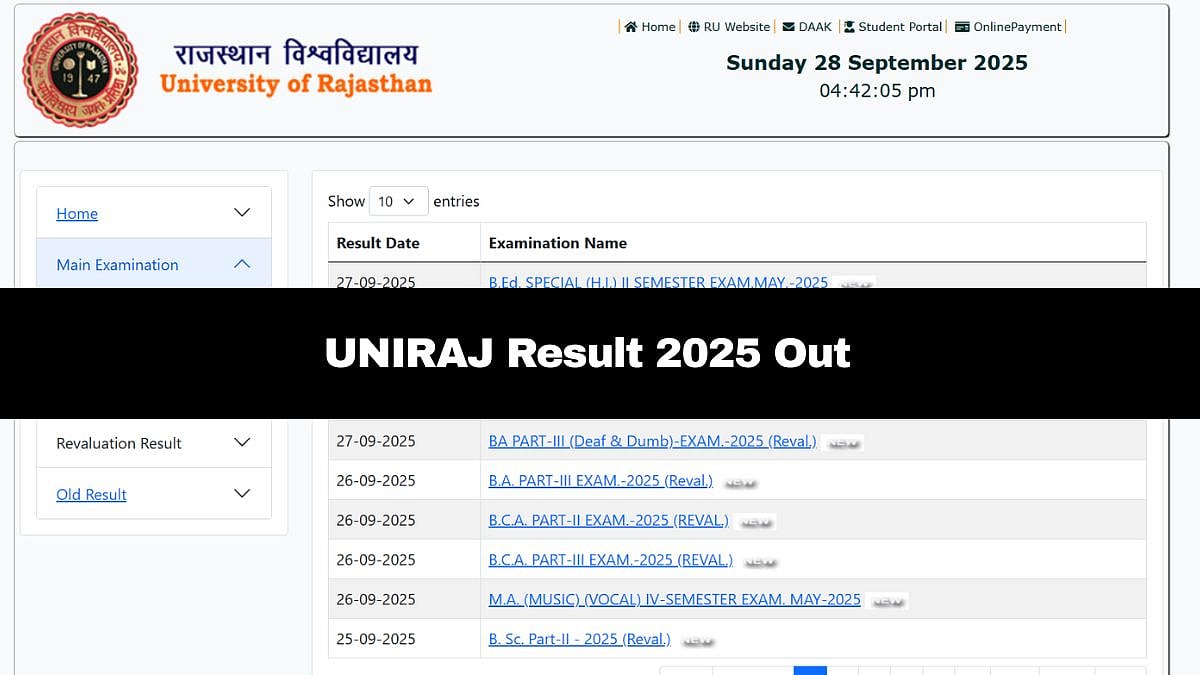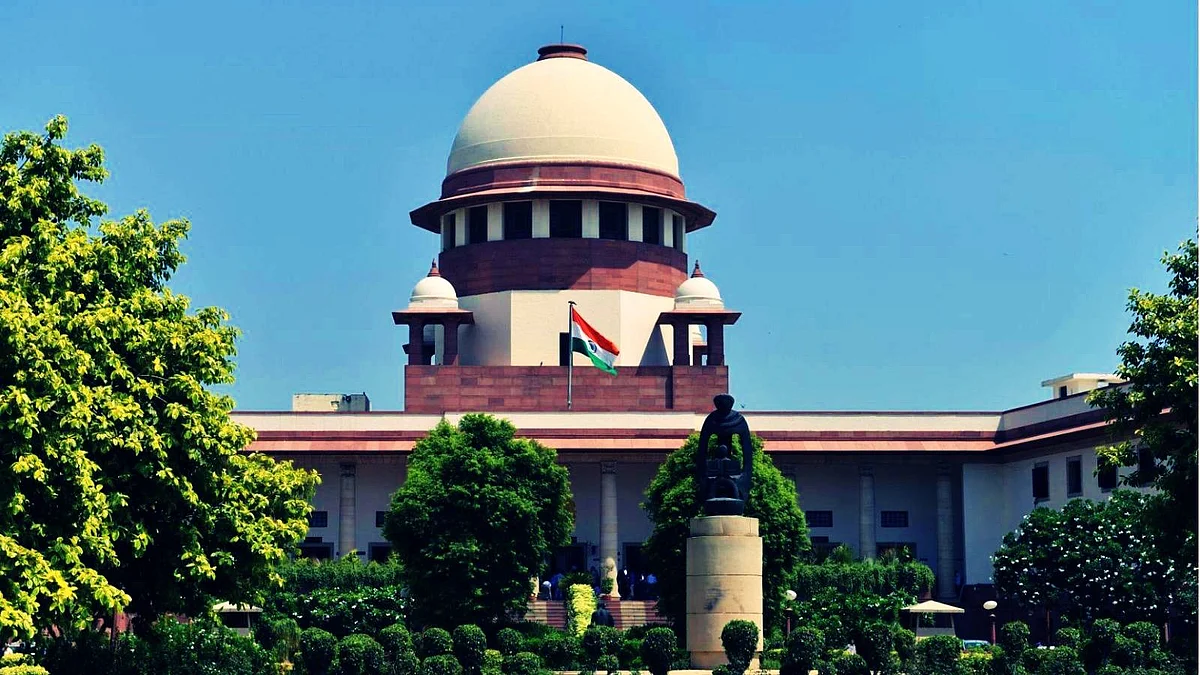Mumbai: The Bombay High Court on Friday quashed a government resolution of February 9 wherein private unaided schools – with a government-run school within 1km radius – were exempted from admitting children under the Right to Education (RTE) Act quota admissions.
While quashing the resolution, the high court said the notification was “ultra vires” to the provisions of the Right of Children to Free and Compulsory Education Act, 2009 and Article 21 of the Constitution of India
“The notification is held to be null and void,” a division bench of Chief Justice D K Upadhyaya and Justice Amit Borkar said.
However, the bench noted that before the GR was stayed in May, several private unaided schools had granted admissions to private students on the seats which were meant to be reserved for the RTE quota.
The bench has clarified that these admissions will not be disturbed, but the schools shall ensure that the 25 per cent quota of seats under the RTE shall be filled.
The HC had stayed the implementation of the GR while hearing a batch of petitions, including a public interest litigation (PIL) petition challenging the notification contending that the change in rules violates the constitutional right to education for children aged six to 14. They also contend the state’s decision is contrary to the RTE Act’s objective of providing an inclusive education, while diluting the private schools’ responsibility of educating marginalised students.
The notification Exempted private unaided schools in the vicinity of government-supported schools from having to reserve their 25% seats for economically weaker and disadvantaged children. Prior to the said amendment, it was mandatory for unaided and private schools to have a 25% quota for students from socio-economically backward sections.
Counsels for the petitioners argued that the amendment was unconstitutional and contrary to the Act which entitles children from weaker section and disadvantaged section to free education.
However, government advocate Jyoti Chavan argued that the said “exclusion is not absolute” and applied only to those unaided private schools situated in areas where government and aided schools are within 1 km radius of these schools.

Chavan further argued that as per the RTE Act, appropriate government authorities shall establish schools in areas where schools are not established. In Maharashtra, government and local authorities have established schools. Also, the burden ultimately had to be borne by the state even if students are admitted in aided privately managed schools.
Under the RTE Act, 25% of the seats at the entry point – Class 1 or pre-primary section – in private unaided schools should be reserved for children from economically weaker and disadvantaged sections. These students get education free of cost, while the government reimburses their tuition fees to schools. Schools run by religious and linguistic minorities are exempted from this requirement.


